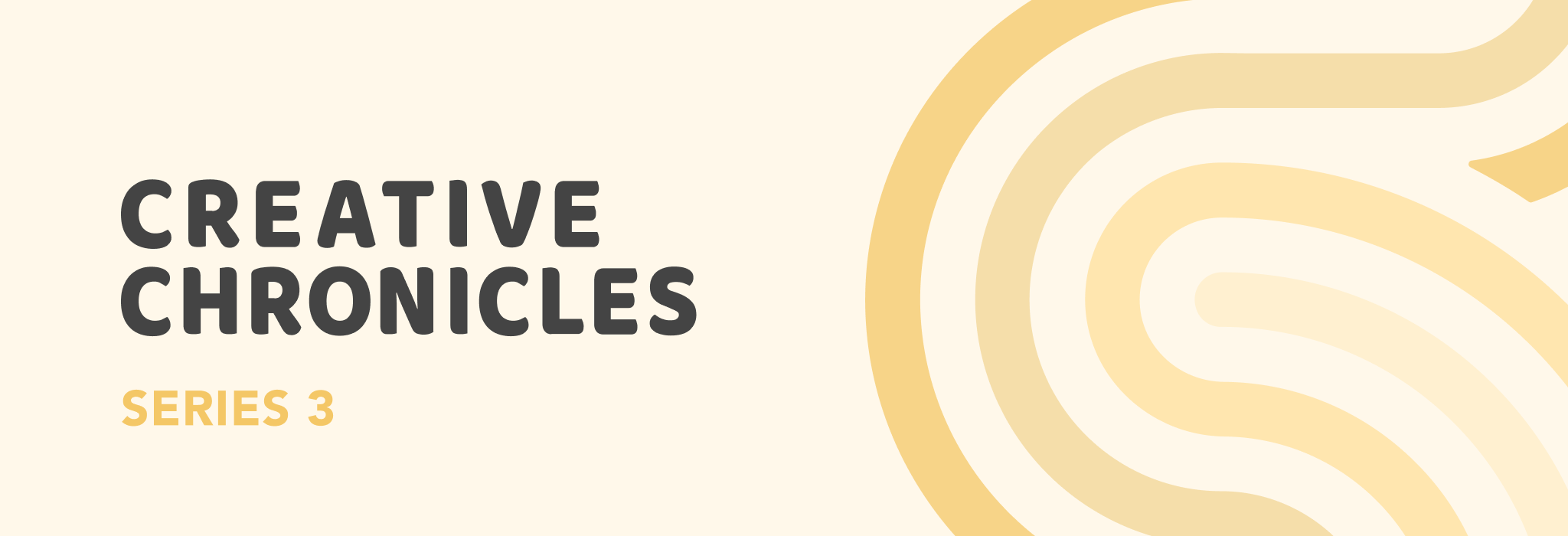Imagining 2031 Min: From an Observer to Being Part of the Movement

Creative Chronicles is a series of articles exploring the lives of four Singaporean Creatives. Previously in Series 2, our Creatives wrote a heartfelt letter to their younger selves. In this Series 3, they explore the question, What would I want my life to be like in 2031?
First, they acknowledged a challenge that they are facing today. Then, they reimagined alternate possible futures regarding those challenges through a Futures Thinking technique called Causal Layered Analysis (CLA) with the Studio Dojo team. Delving deep into a perspective, CLA comprises 4 levels: litany, systemic, worldview & story. CLA suggests that in order to make sustained changes, we need to look into deeper layers of meaning to create new stories that support our preferred future.
In this article, we chat with Min, CEO and co-founder of Red Dot. Her main challenge is her overall feeling of being stretched time-wise, both at work and home. Through this exercise, Min shifts her story from being a frustrated observer of things happening around her in Mauritius, to being part of community-led movements. To shift, she adopts the worldview of continuously building trust between different communities and encouraging data-informed decision-making by creating databases of information.
Studio Dojo: What is a challenge that you are currently facing?
Lately, I’ve been feeling very stretched time-wise, both in my professional and personal life.
Professionally, Red Dot is at a point where we have, gratefully, many project opportunities for innovation and all of them are interesting! However, the team is already over-stretched. Choosing the right projects to focus on has been challenging. Even within projects that we are working on, we feel stretched effort-wise.
In my personal life, we are in a second lockdown in Mauritius. We had to deal with all these changes again. Juggling full-time work, the household, and taking care of family can be demanding! Being fully present with Chloe also requires full attention. Interestingly, in Series 1 of Creative Chronicles, I was in between projects and so I had time to meditate but now, there’s not much time for myself or my family. There’s definitely guilt around not spending enough time with my family, both here and back in Singapore.
Studio Dojo: What is the story you currently hold regarding this challenge?
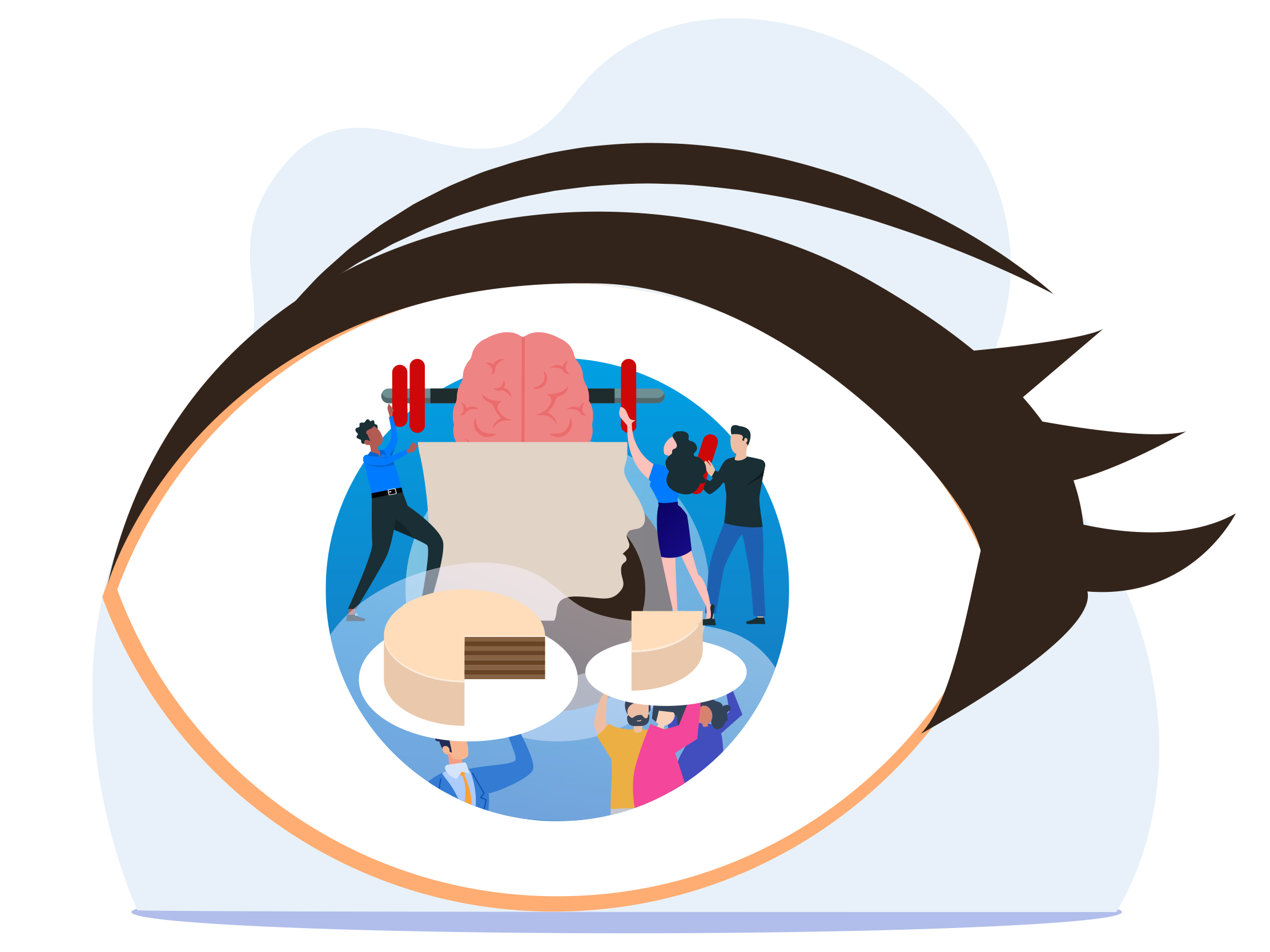
I think there’s this story of me observing inequality. I see a lot of people around me suffering and trying to do everything they can in their own ways to make things better for themselves. But there’s a sense of powerlessness. Yet, there are many who have more, or are in positions of power, and are not doing their fair share, some even undermining the efforts of others. It is sometimes frustrating to witness.
I can’t turn a blind eye
I feel like whether or not we are conscious of it, we all have an impact on our communities, and everything is interconnected. It really puts things into perspective when I see many people now not being able to afford three meals a day.
The tussle has always been between my (and Red Dot’s) worldview of being focused on outcomes and being precise about distinctions, and then facing push-back often because things are already ‘good enough’. When companies suffer losses, the most common response is to have a corporate restructuring exercise, rather than finding ways to create long-term sources of new value. Restructuring might be a stop-gap solution in the short-term, but is irresponsible if leaders are employing hundreds or thousands of employees in an unsustainable way, with little vision of how to get to the next level.

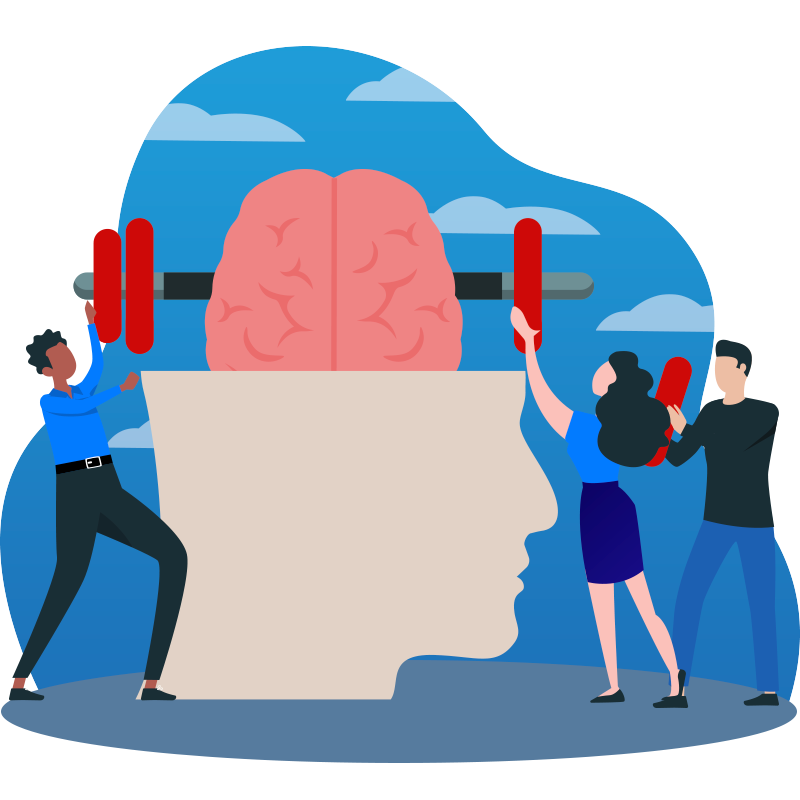
Bringing more principled focus
The type of consulting that we do, is very new in this market, as we tackle high-stakes board-level challenges, and sometimes even launch new ventures from that! To align our value with our client’s, we do not charge by the hour, but by project outcomes in “2-week sprints”. As a result, this creates an incredible time crunch on projects as there is pressure to deliver extraordinary results in three to six months to continuously prove the kind of outcomes that can be achieved. An important element of our consulting model, is involving talented employees from the C-suite to a front-line staff. We found that this approach creates “heat experiences” for us to transfer knowledge and build capacity for our client. This results in rapid vertical development for our client’s employees, which is a very effective way to build a diverse range of “knowledge-economy” skillsets, which would have been difficult to achieve with conventional training.
To address this pressure, we have learned to be very selective with projects that we take on, and also take a longer-view of these projects ourselves. At the beginning of this year, we decided on Red Dot’s six guiding principles that should govern the projects we work on:

Social Impact
Our projects must create a positive impact for people and communities, or address a pressing social issue

High Growth
Our projects are designed for scale, leveraging the network effect of technology, data, and community

Build Capacity
Our projects transfer knowledge and build capacity, with a goal to train more knowledge workers with future-ready skills

Connect the Dots
Our projects break down silos, facilitating different actors and data to flow in ways that create brand new value

Grow the Pie
Our projects take an ecosystem approach to create growth for an entire industry or community

Change the Game
Our projects shift existing paradigms, and change the way people think and behave by designing new rules and interactions
Even with these principles, it’s never straight-forward! Projects never fit nicely within these six principles off the bat, so there is still considerable effort to work with progressive leaders to scope and frame their challenge, and size the opportunity at hand.
Prioritising the right fit
Professionally, it’s like a never-ending to-do list. There are always questions on priorities from the team – Should we take this project? What should we do first? What’s our priority right now? – that need to be figured out. Also, I find myself having to code-switch constantly between projects, and that can be very taxing. As much as I am genuinely excited by all of them, each one requires a different mind space. I think in moments when I’m really, really stressed, I do wish that we had more people on the team but hiring has also been a huge challenge, both with the ongoing pandemic and finding the right talent.
Studio Dojo: What is the story you would like to hold regarding this challenge?
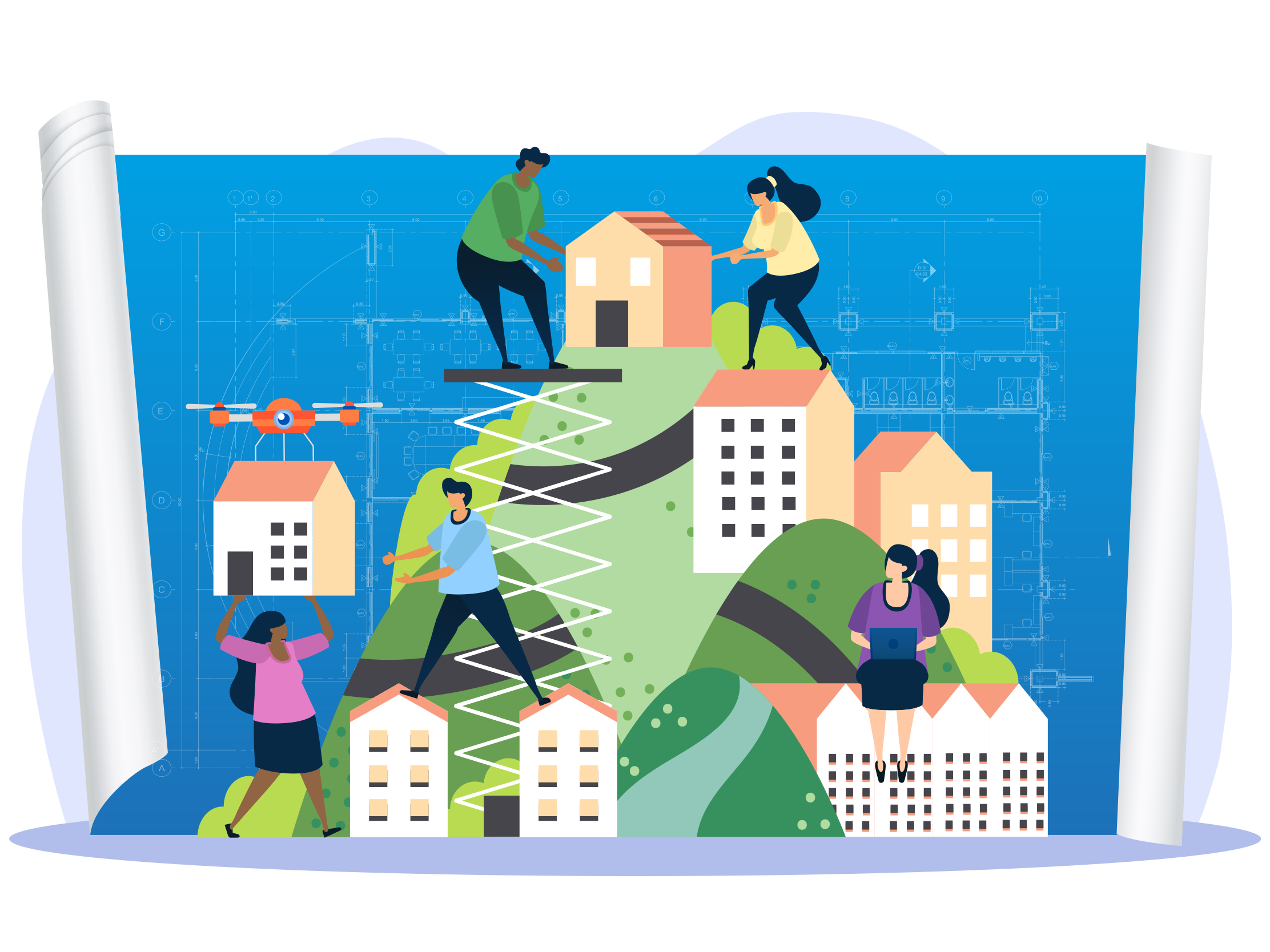
The new story that’s coming up for me is one where citizens come together to build new solutions, start new ventures, inform policies, and collectively create the future. We get to bring that power together. Mauritius is incredibly diverse, and it would be wonderful if there was a way to activate Mauritians to gather for social innovation. If the private and public sector could support and elevate these solutions and scale it wider, and then have that inform policies on a national-level, that would be amazing!
As I’m very aware of how badly I speak French and Creole (!), I’ve accepted that doing direct impact work will be challenging for me in Mauritius, but I am excited to help architect and empower local social innovators on the ground in their work.
Already, there are wonderful initiatives that are being born which are tackling systems-level change. Two of which I am actively supporting include NIVO, which is professionalising the NGO sector; and Board of Good, my co-founder’s initiative to get more women on boards!
Building blocks of trust and data
For a citizen-led future to happen, there needs to be trust built across all the different communities here. The term ‘community’ has connotations of religious or class groups, so the work is also in building trust between all of them, and re-examining stories we may have of each other.
Another worldview that comes up would be making data-informed decisions. I think that would help with this feeling of uncertainty within the community. With more data-informed decisions, it would also allow us to plan ahead, as opposed to being reactive.
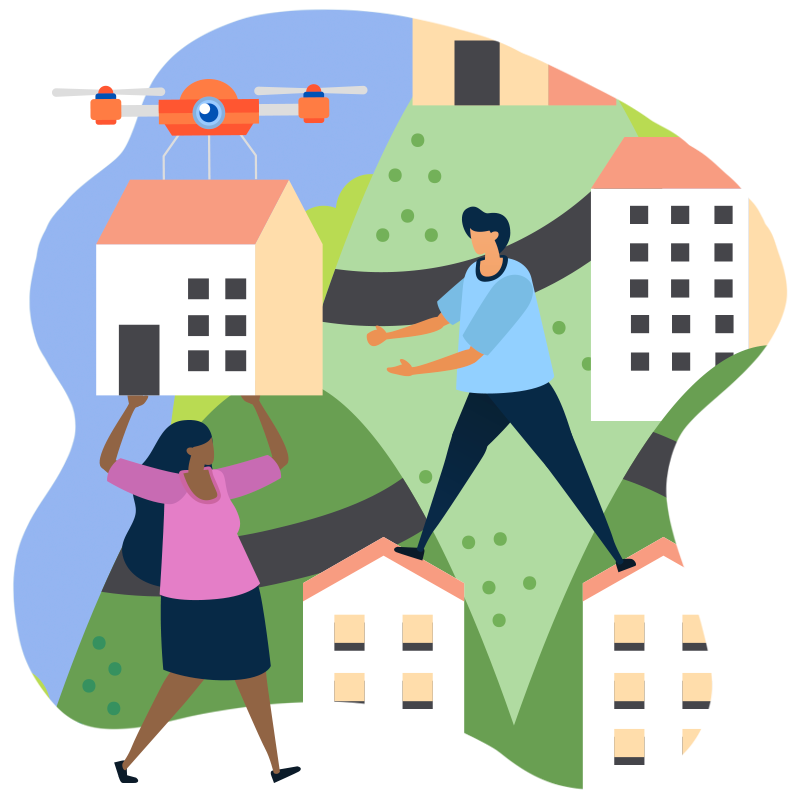
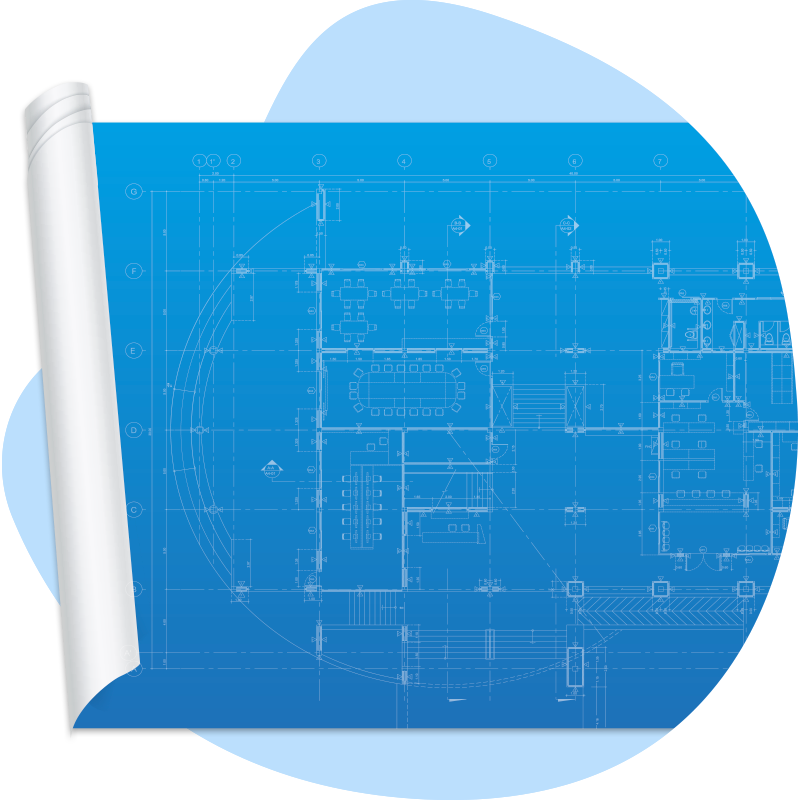
A blueprint for new ways to see each other
I imagine the system required would involve dashboards, where independent groups collate accurate and relevant data around an issue, and openly share it with others. With that, people can then keep track, visualise and make sense of what’s out there so that we can start making more informed decisions that affect our communities.
The dashboard can also help with the challenge of finding the right talent for the right positions. I just struggle to think that entrepreneur don’t exist in our community, I think we just need to find a different way of recruiting and finding these people. I am sure that they exist! I imagine a database of individuals who are interested in making change happen and their available skills. Red Dot could act as a community organiser where we append people and their skills to community projects where it is missing. This would be powerful, and we would move from our current model of change-making to one that’s really citizen-centric.
Visibility builds a foundation for different conversations
With information made more available to everyone, I believe the level of inquiry will improve. People will start asking better questions across the board – to their leaders, to each other, to ourselves – on how decisions are being made and if the data itself is credible. All these would help create more productive community conversations. Such questions would also help refine the data available. Right now, a lot of data is unstructured or very general, there is significant work to distill the right kind of data we need that would be useful.
This level of questioning and critical thinking would also be very valuable in schools. A lot of my team members are passionate about re-thinking education, so we can definitely create a parallel track to have more kids working on real-world projects to impact their communities.
Catch up on Min’s articles

